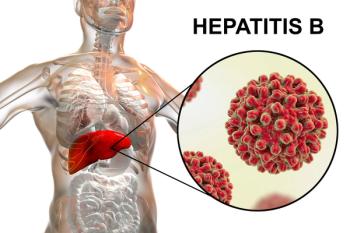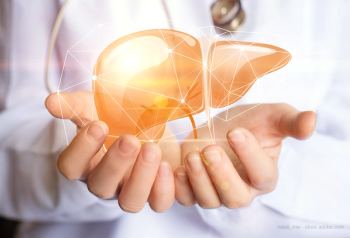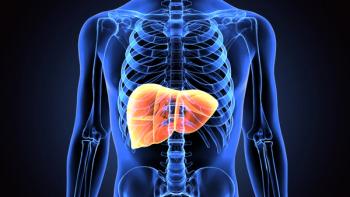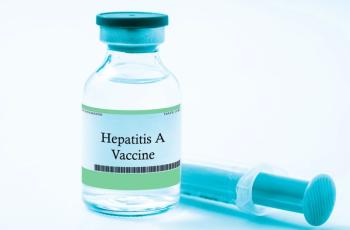
Can the COVID-19 Vaccine Help Hepatitis B Patients?
In the three cases documented by researchers, hepatitis B surface antigen (HBsAG) levels were reduced by more than 50% after Japan began its COVID-19 vaccination program.
Vaccination with the COVID-19 mRNA vaccine may do more than protect against the virus for patients with hepatitis B, according to a recently published article in the Japanese Society of Internal Medicine.
In the three cases documented by researchers, hepatitis B surface antigen (HBsAG) levels were reduced by more than 50% after Japan began its COVID-19 vaccination program. That is a significant, rapid, and uncommon decrease in HBsAG that is not easy to achieve, writes Yosuke Osawa, lead author of the paper. Indeed, the annual reduction rate with current therapies is less than one percent at 24 to 48 weeks of treatment.
“Although the involvement of vaccination in HBsAG reduction was not statistically proven, the results suggest that the administration of COVID-19 vaccines may have been involved in HBsAG reduction in patients with chronic hepatitis B,” Osawa writes.
In the first case cited by the paper, a 74-year-old Japanese woman had an HBsAG level of 64,521 when she was examined in 2019. She was treated with oral therapies and a year later her HBsAG dropped to 29,734. After receiving three mRNA COVID-19 vaccines, her HBsAG fell to 140.2.
The second patient, a 33-year-old Japanese man, saw his HBsAG levels scaled down from 13,234 in 2020, to 136.1, and finally to 3.7 after receiving a total of three mRNA vaccine injections.
The third case was a 67-year-old Japanese woman who presented with an HBsAG level of 17,722.3 in 2020. She received two injections of the BNT162h2 vaccine. The third was an mRNA vaccine. After 707 days, her HBsAG levels dropped to 152.2.
Rapidly declining HBsAG values are uncommon, Osawa writes. The COVID-19 vaccines appeared to be the reason behind the swiftly dropping HBsAG numbers experienced by the three patients. The team then began comparing the number of patients in their hospital who experienced rapid reduction in HBsAG before and after the initiation of Japan’s vaccine program.
It found that an HBsAG reduction of greater than 50% before the vaccination program happened in just three patients compared to 11 patients in the post-vaccination program period. The difference, Osawa writes, was “statistically significant.”
The group issued questionnaries to the 11 patients who had a greater than 50% reduction in their numbers and to 45 patients who experienced a 10% decrease or an increase in their HBsAG levels. The results found that 10 patients (100%) in the reduction group had been injected with the COVID-19 vaccine before their last HBsAG measurement during the post-vaccination program period.
In contrast, the paper reports, 29 patients (78.4%) had received the vaccine while 8 (21.6%) had not received the vaccine before their last measurement.
While noting that the results are not statistically significant, the findings do suggest that COVID-19 vaccines “may be involved in HBsAG reduction” and that it is reasonable to conclude that COVID vaccines have antiviral activity against hepatitis B.
“In conclusion, the number of patients whose HBsAG level was reduced by 50% or greater per year during the post-vaccination program period was larger than that during the pre-vaccination-program period,” Osawa writes. “Thus, COVID-19 vaccines may be involved in HBsAG reduction. However, large-scale studies will be required to address this issue.”
Newsletter
Get the latest industry news, event updates, and more from Managed healthcare Executive.























